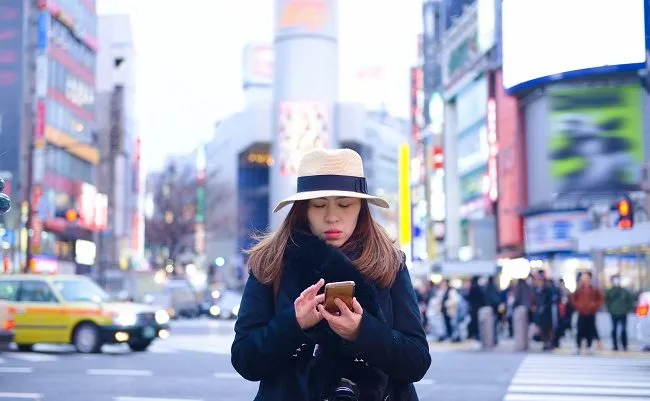Japan City Proposes 2-Hour Daily Smartphone Limit for Better Health
A city in central Japan has taken a bold step to address growing concerns about smartphone addiction. Toyoake City in Aichi Prefecture has proposed a voluntary ordinance that encourages residents to limit their daily phone use to just two hours outside of work and school.
Understanding the Proposal
The draft ordinance targets all 69,000 residents of Toyoake City. Officials designed the guidelines to combat health issues linked to excessive screen time. The proposal includes specific bedtime recommendations for different age groups. Elementary school students should stop using phones by 9 PM. Junior high school students and older teens should put their devices away by 10 PM.
Mayor Masafumi Koki emphasized that the guidelines aim to promote healthier lifestyles rather than restrict freedom. The city recognizes that smartphones have become essential tools in daily life. However, officials worry about the physical and mental health impacts of prolonged use.
Health Concerns Drive the Initiative
Research shows that excessive smartphone use can lead to several health problems. Sleep disturbances affect many heavy phone users. Concentration levels drop when people spend too much time on screens. Physical issues like neck pain and eye strain also increase with extended device use.
A government survey from March 2025 revealed concerning statistics. Japanese children and teenagers spend over five hours online on weekdays. This figure exceeds Toyoake’s recommended limit by more than double. The data highlights the gap between current usage patterns and health recommendations.
Public Response and Criticism
The proposal immediately sparked intense debate on social media platforms. Many residents expressed skepticism about the feasibility of the two-hour limit. Critics argue that modern life requires more screen time for essential tasks. Some pointed out that watching a single movie would exceed the daily allowance.
Online users raised concerns about government overreach into personal choices. Many believe that families should decide appropriate screen time limits without city involvement. The voluntary nature of the guidelines has not quieted these concerns about privacy and personal freedom.
Learning from Past Attempts
Japan has experimented with screen time restrictions before. Kagawa Prefecture implemented the country’s first gaming ordinance in 2020. That law limited children to one hour of gaming on weekdays and 90 minutes on weekends. The precedent shows that Japanese authorities take digital wellness seriously.
Other countries have also tried similar measures with mixed results. These experiences provide valuable lessons for Toyoake City. The success of voluntary guidelines often depends on public education and community support rather than enforcement.
What Happens Next
The city assembly will vote on the draft ordinance next week. If approved, the guidelines would take effect in October 2025. The voluntary nature means no penalties will exist for exceeding the recommended limits. Officials hope that raising awareness will encourage residents to monitor their own screen time.
The proposal represents a symbolic step toward addressing technology’s role in modern life. Whether residents embrace the guidelines remains uncertain. The debate highlights growing global concerns about digital device dependency and its impact on human wellbeing.







